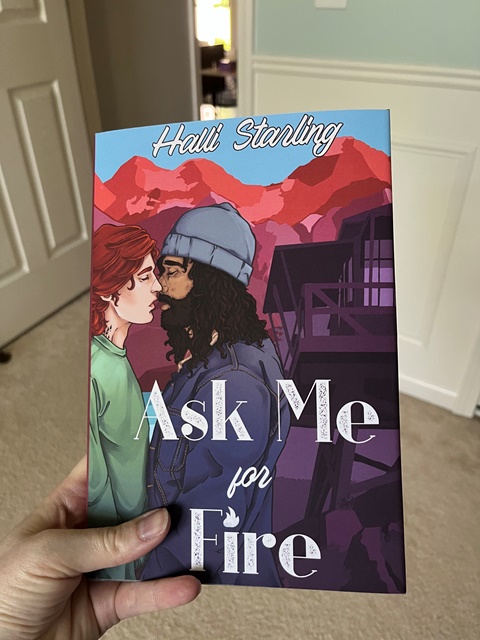

While that’s true for monopolists like government utilities, which don’t often change, monopolists that constantly innovate are good for consumers – just think of Apple’s iPhone or Microsoft’s software systems. Consumers complain that monopolists extract abnormal profits at their expense.

Thiel gives the example of how restaurants, a competitive business without differentiation, compare with Google, which holds a monopoly. When we make more of the same, competition is intense, and profitability lessens. Those who create something new must become a monopoly and avoid competition, which can lead to big profits down the line. In his book, Thiel argues that while the easiest way to advance is often to do more of the same cheaply, human creation and technological advancement is what holds real value, having given the world windmills and steam engine as well as cars and smartphones. Masters’ very detailed notes generated a lot of discussion when they were posted online, eventually leading to this collaboration with Thiel. His very enjoyable book was written in collaboration with Blake Masters, a Stanford University student who attended Thiel’s 2012 class on startups. He was the first outside investor in Facebook and sits on its Board. Thiel is a highly successful entrepreneur who started PayPal, Palantir and the venture capital firm Founders Fund. This is the premise behind ‘ Zero to One: Notes on Startups, or How to Build the Future’ by Peter Thiel. But each time we create something, we move from 0 to 1. Each time we copy, we move from 1 to n, adding more of the familiar. It’s easier to copy something than to create something new.


 0 kommentar(er)
0 kommentar(er)
